Because the dehumanization and subjugation of women and girls can be overcome in one lifetime. Ours.
Our theory of change is that trafficking ends when human dignity is restored. Human dignity is restored when government is engaged, community is empowered and individuals have access. Engagement, empowerment and access only happen in effective partnerships across all three segments.
- Human trafficking, or modern day slavery, involves the illegal trade of people for exploitation or commercial gain and is a $150 billion global industry. Two thirds of this figure ($99 billion) is generated from commercial sexual exploitation. New estimates released by the International Labour Organization (ILO), in collaboration with the Walk Free Foundation and International Organization for Migration (IOM) in 2018 indicate that there are 40.3 million victims of modern slavery worldwide, 71% of whom are women and girls and 25% of which are children. 99% of the 4.8 million victims of commercial sexual exploitation in 2016 were women and girls, with one in five being children (ILO, 2017). Women and girls represented 84% of the 15.4 million people in forced marriages, and 59% of those in private forced labour (8.7 Alliance 2017 Report). According to the Global Slavery Index (2018), Nigeria ranks 32/167 of the countries assessed with the highest number of slaves – 1.38 million – and its National Agency for the Prohibition of Trafficking in Persons (NAPTIP) reports that the average age of trafficked children in Nigeria, now a Tier 2 country on the U.S. State Department’s Trafficking In Persons Report (2019), is 15. It is the third most common crime in Nigeria after drug trafficking and economic fraud (UNESCO, 2006). Benin City (Edo State, Nigeria) is an internationally recognized sex trafficking hub, with built in infrastructures and networks which support the sale of human bodies. An astounding 94% of all Nigerian women trafficked to Europe for prostitution hail from Edo State (UNDOC, 2016), with Italy being the number one destination country (11,009 women trafficked by sea in 2016). The souls and bodies of survivors are turned into commodities for financial gain while the survivors themselves are held in debt bondage, severely abused (often gang raped and physically assaulted), starved, tortured or infected with various sexually transmitted diseases before being deported back to Nigeria. Others who are victims of organ trafficking are murdered and never make it back to Nigeria.
- In September 2014, a UNICEF report found that 120 million girls and female adolescents under 20 have endured rape or other forced sexual acts, with such experiences especially common in some developing countries, including Democratic Republic of Congo and Equatorial Guinea (70% of girls under 20), and Uganda, Tanzania and Zimbabwe (50% of girls under 20). (Hidden in Plain Sight: A Statistical Analysis of Violence Against Children, UNICEF September 2014.) Globally, one fourth of the world’s girls are married before the age of 18, with over sixty million girls and women being affected by child marriage. In sub-Saharan Africa, 40% of girls marry before the age of 18 (1 in 8 before age 15), and African countries account for 15 of the 20 countries with the highest rates of child marriage, according to UNICEF. In Nigeria, a staggering 43% of girls are married by age 18 (UNICEF, 2016).
- Worldwide, 40-47 percent of sexual assaults are perpetrated against girls age 15 or younger. (Heise L. Violence against women: the missing agenda. In: Koblinsky M, Timyan J, Gay J, ed. The Health of Women: A Global Perspective. Boulder, CO: Westview Press, 1993.) More specifically, in Sub-Saharan Africa, more than 10% of all girls in 13 of its 18 States for which there is data report being forced to have sex. In Nigeria, one in every four girls is a survivor of child sex abuse. (Hidden in Plain Sight: A Statistical Analysis of Violence Against Children, UNICEF September 2014.)/li>
- Global prevalence figures indicate that 35% of women worldwide have experienced either intimate partner violence or non-partner sexual violence in their lifetime. (WHO Fact Sheet No. 239 (October 2013).)
- PJI strives to turn the developing world right side up by providing sustenance in the shadows and demanding accountability and justice on behalf of survivors. Inclusivity and Access, two of PJI’s Core Values, are required if any lasting change of the status quo is to be achieved.


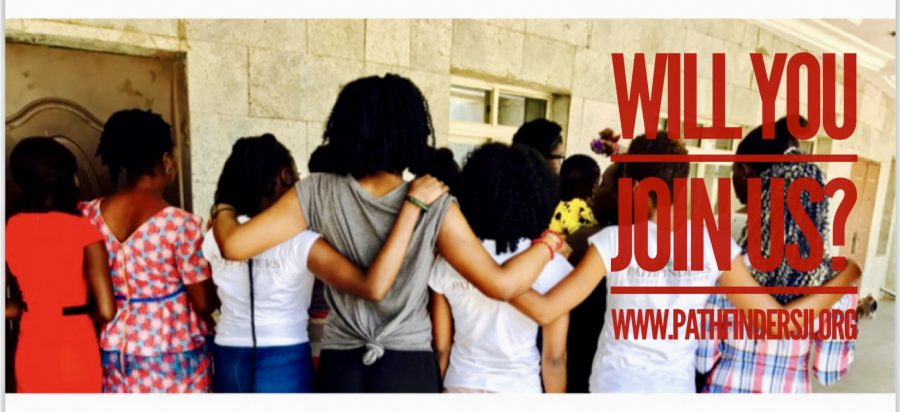
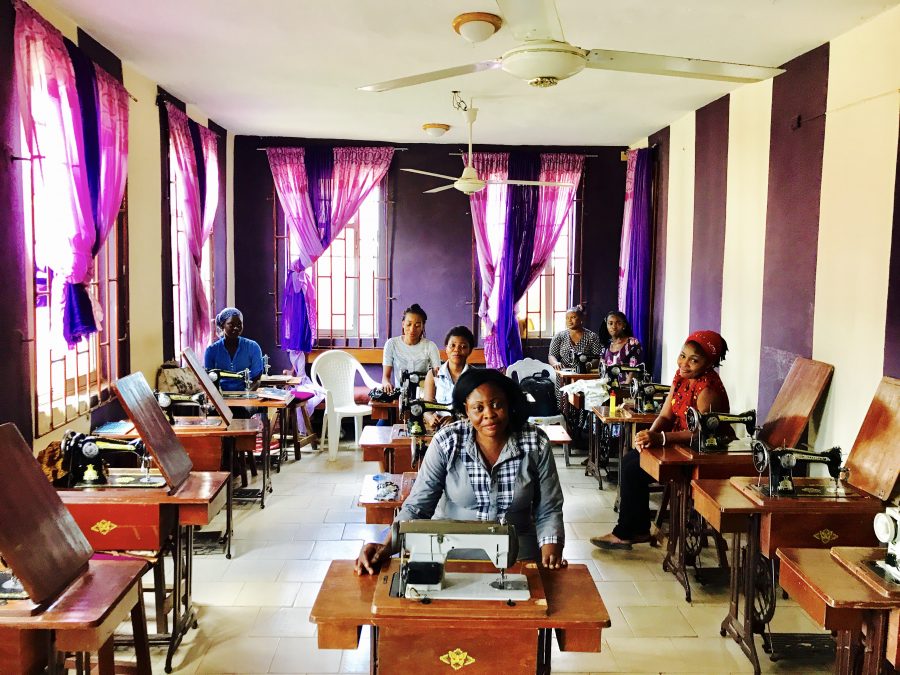
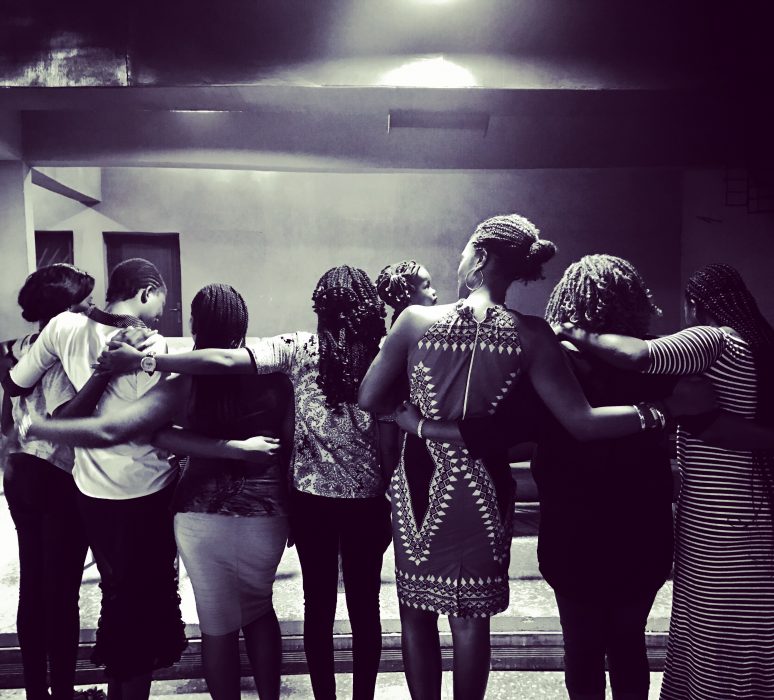
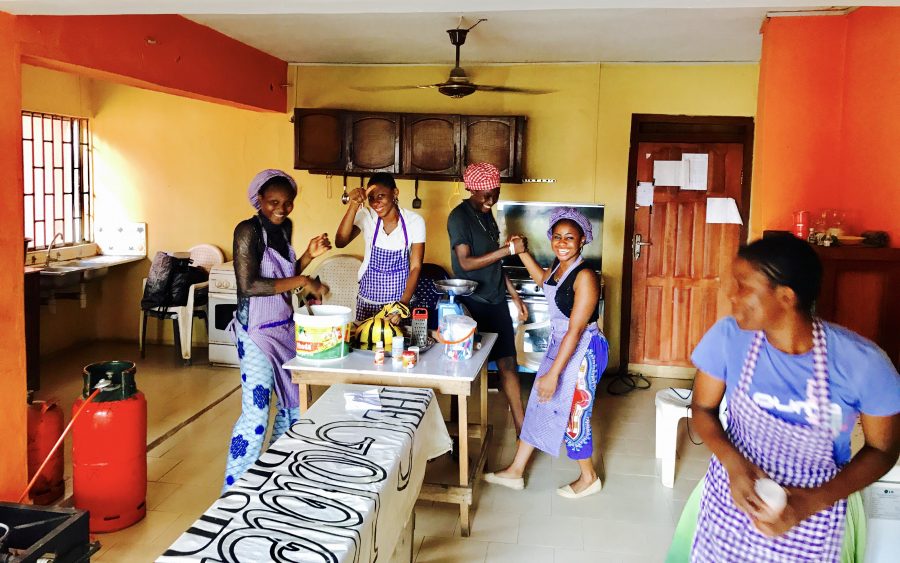
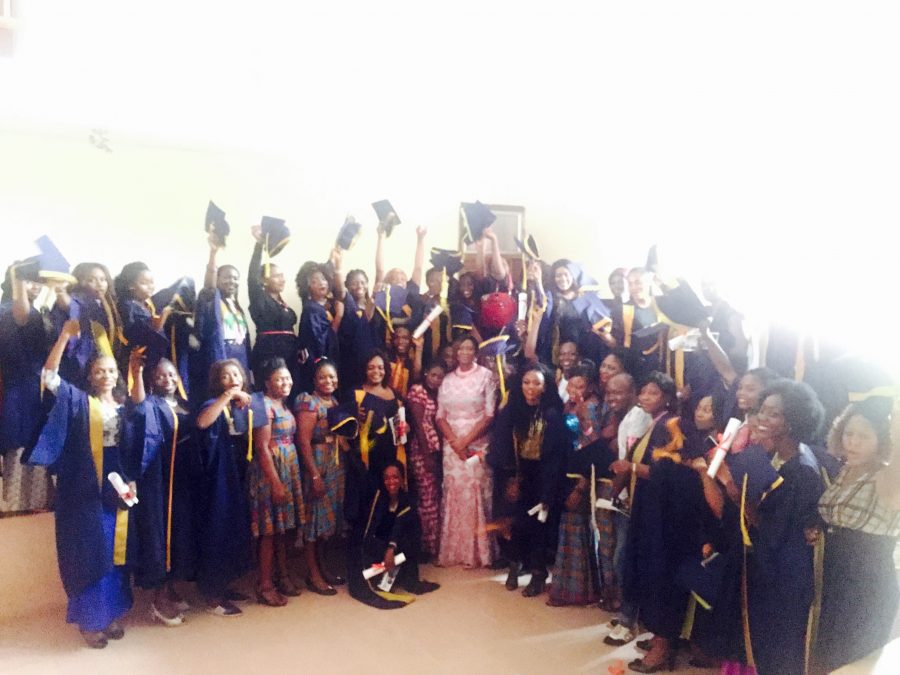
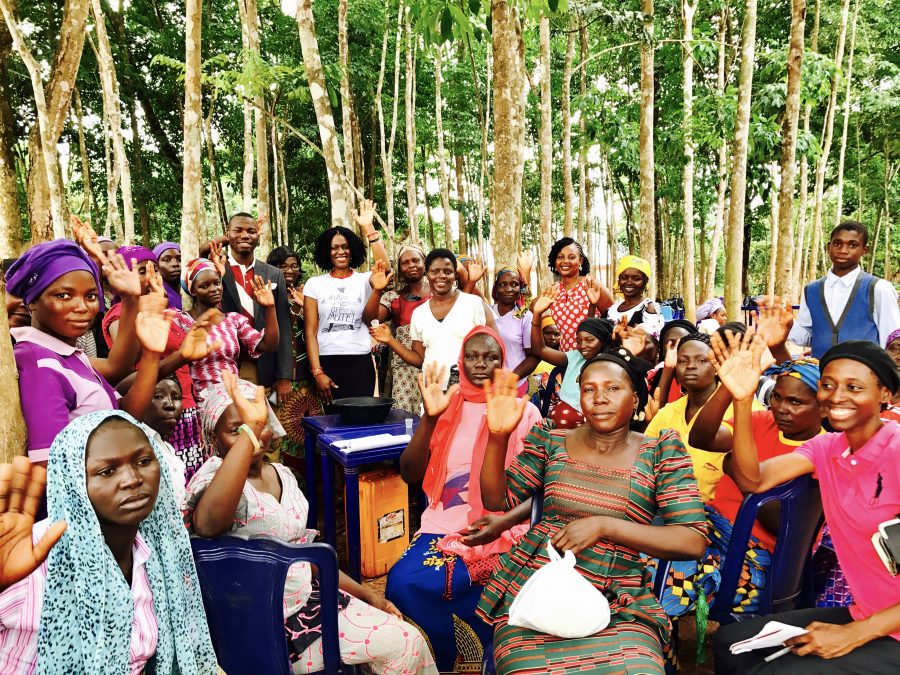
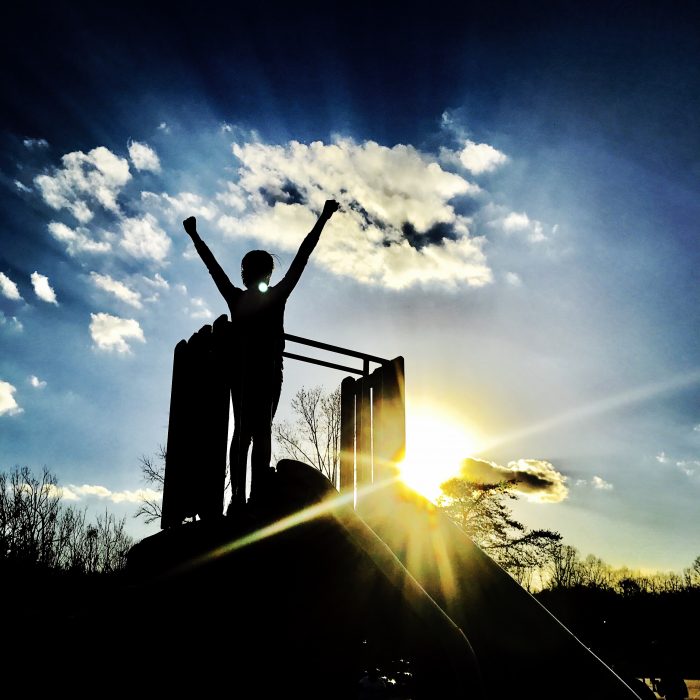
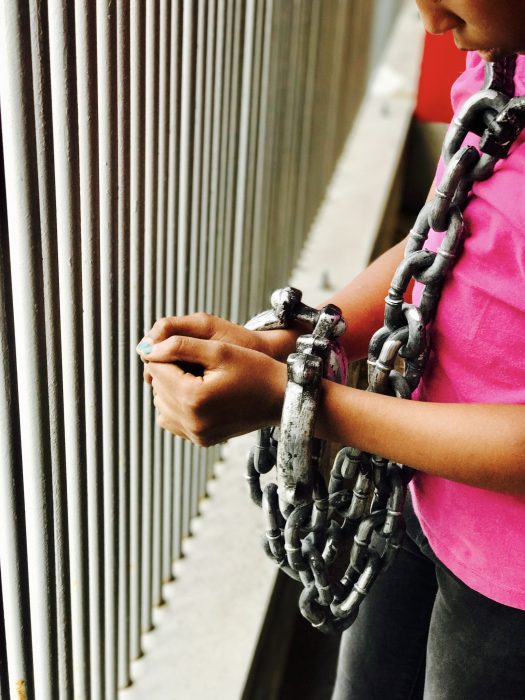
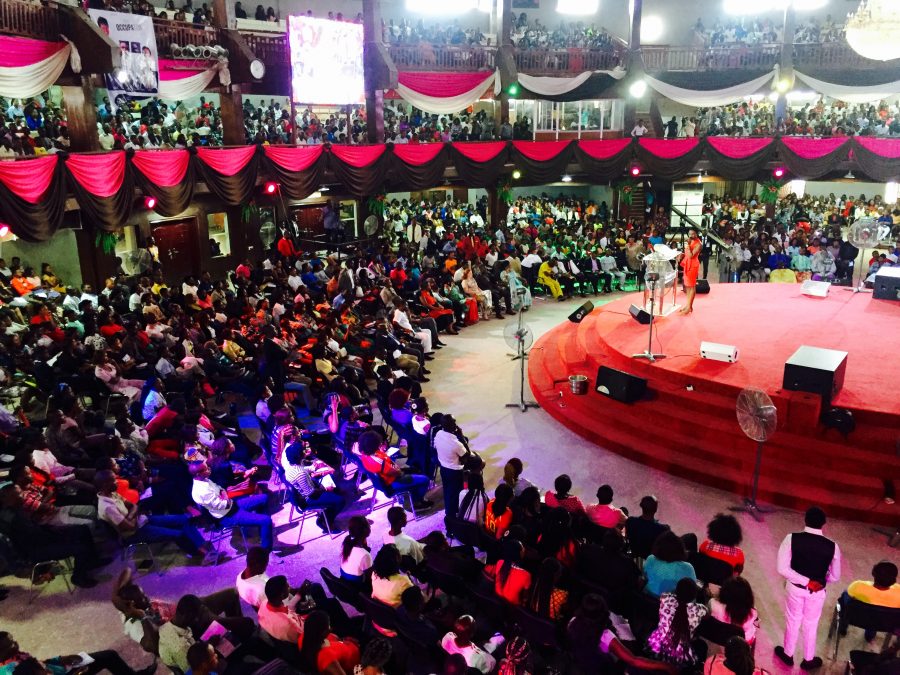
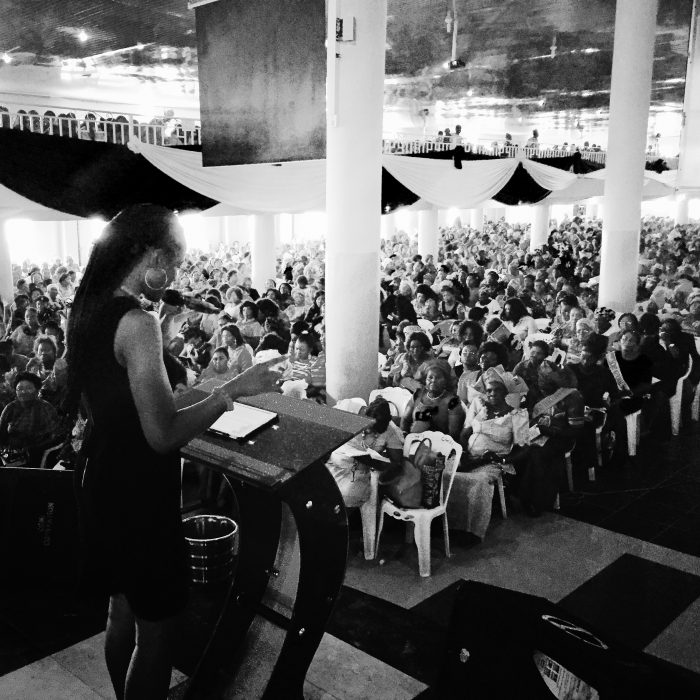
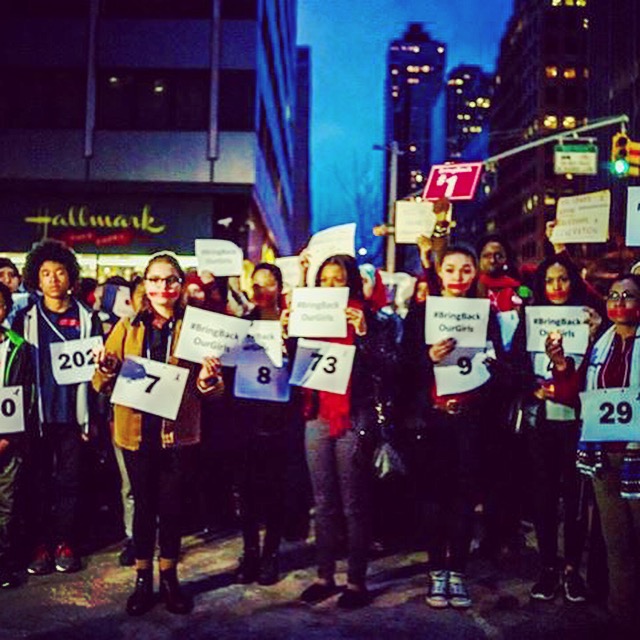
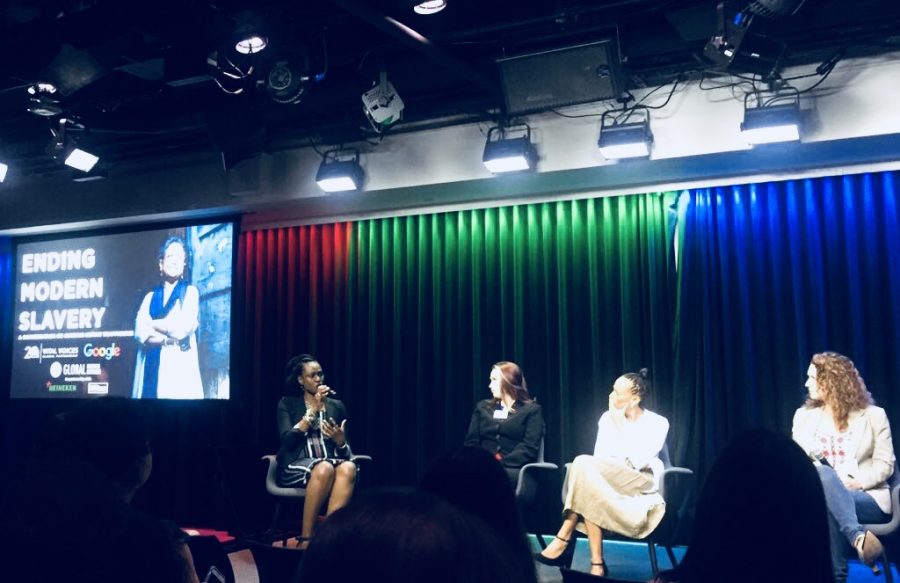
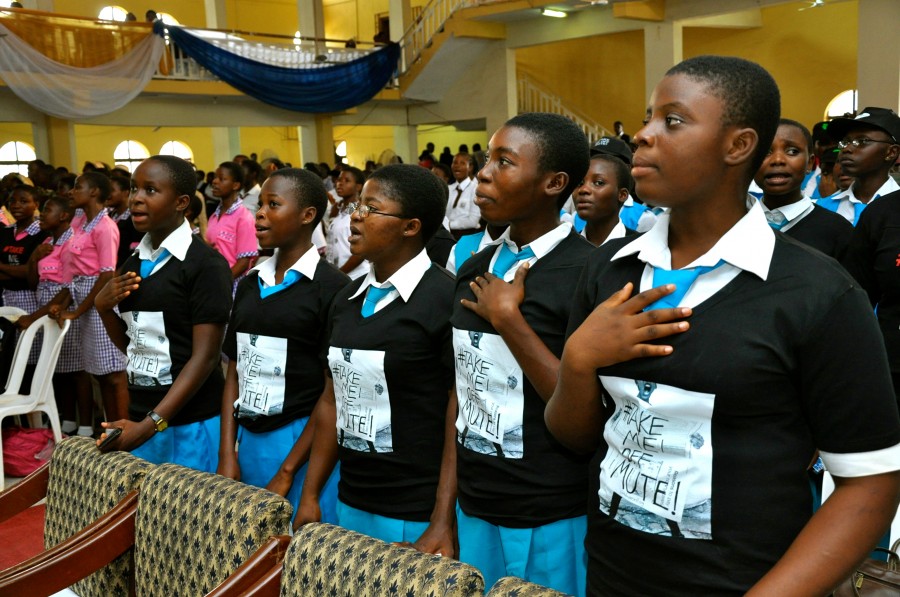
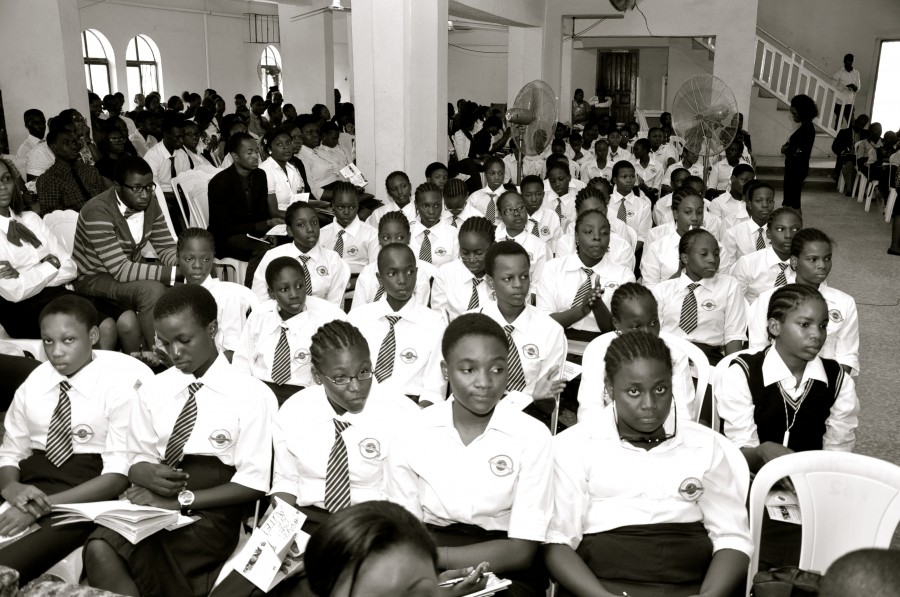
Recent Comments